Living the Artists's Life
How to not be a Hot Mess
How to not be a Hot Mess
Wannabe Art Guy at the end of his rope
You took some gigs, maybe vanished for some lengthy stretches.
Multiple calls, maybe a knock or 10 to your door, none answered.
A client or two maybe thought you were dead.
And they maybe weren't entirely sure they were mistaken when you suddenly resurfaced looking like you'd recently come to on a bar bathroom floor somewhere. But you had work to show, made in the previous 72 hours-- all 72 of the previous 72 hours.
"Punk rock, you know? Here's your invoice."
Notes? Revisions? Please. Your work was tight. And you had places to be. Well, not actually, but... you could have places to be.
"So, about that invoice..."
Flash forward to... I don't know when exactly but a-day-not-forever-ago. You're maybe quite sh!t at email.
You sometimes join Zoom calls looking like you're maybe Day 3 off drugs. (Also, you sometimes join Zoom calls.)
Maybe what you promise and what you deliver are still so infrequently the same thing that on those very rare occasions it does happen it's probably an accident.
"Punk rock. Invoice."

Look, I'm not saying you're a hot mess, but I'm not not saying you're a hot mess. You know what I'm saying?
Sooner or later, clients' tolerance will wane and the work will dry up.
Or you'll just straight-up burn out.
So let's see if we can't help you find your way out of the dregs before it comes to that...

Get on top of communication.
Being reachable by phone, text, email, carrier pigeon or, you know, something, is more important now than it's ever been.
For one reason (Covid) or another (super Covid), we find ourselves in a time where the most common scenario is that we do business together without ever actually being in the same room. But that only works if your clients are reasonably confident you're alive and producing.
I'm not saying you need to aim for Inbox Zero, just that you should probably try to hit closer to that than, say, Inbox 16,901. I spend a bit of time in the morning and at night getting caught up on email. And I take calls and texts throughout the day unless there's a good reason not to. I don't get to everything, but I get to enough to keep most of the people I deal with happy(ish).
You've got a lot on the go, no doubt.
So know what day of the week it is, where you need to be and who with (even if it's over Zoom), and what you need to accomplish to make the next day hurt a little less-- for both you and your clients. You don't need to keep a meticulously itemized calendar (although, if that's your jam it'll certainly serve you well).
I use dashed-out lists in the same notepads and sketchbooks I keep handy anyway and everything tends to work out fine. I don't even make them that far ahead of time-- sometimes just the morning of the day I need to get through. But if I don't do at least that, nothing else gets done.
We're all in this to make cool stuff, but sometimes what you think is the cool stuff and what your clients think is the cool stuff will be somewhat less than similar.
All good. It happens.
But you've been hired based on a general assumption that you're a professional, and that's more than replying to emails with a "Yup, got it, byeeee" and being barely timely delivering an arguably adequate result.
It's also providing the client with what they've asked for, and going back at it as many times as it takes until it's as close to their vision as it can be.
If you can manage the first two points and be responsive and on track, though, this third point gets a lot easier.

This is all habit-building stuff. Build good habits and you'll be a better working artist and, probably, a better human too. More functional, if nothing else.
It all sounds like simple stuff but it takes time.
Old habits-- bad habits-- die hard.
I am guilty of each and every thing I mentioned, pre-pandemic and a-day-not-forever-ago still. But I am also, like, seven million years old. My bad habits die really hard.
Talk soon,
Damien


